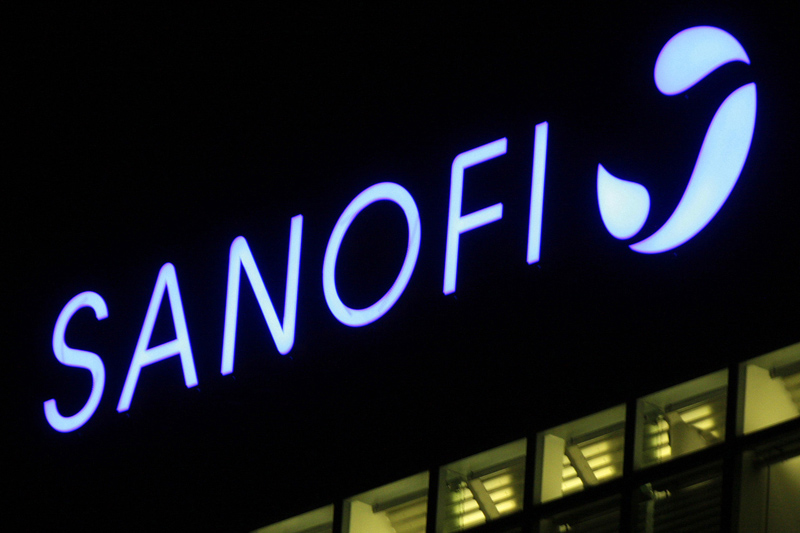Gold prices hovers near all-time high amid global political uncertainty
Investing.com -- AstraZeneca (LON:AZN) said on Wednesday its asthma treatment Fasenra did not meet the primary endpoint in a late-stage trial for patients with chronic obstructive pulmonary disease (COPD).
The company noted that the safety and tolerability seen in the RESOLUTE trial were in line with the medicine’s existing profile. It added that a full analysis of the trial results will be conducted and later shared with the scientific community.
Fasenra is already approved as an add-on therapy for severe eosinophilic asthma in more than 80 markets, including the U.S., EU, Japan and China.
It is also cleared in the U.S. and Japan for use in children and adolescents from age six, and in over 60 countries for the treatment of eosinophilic granulomatosis with polyangiitis.
The drug is also under review for use in hypereosinophilic syndrome.
The market for COPD is drawing increased attention, with Sanofi (EPA:SASY) and GSK (LON:GSK) rolling out new treatments and Merck & Company (NYSE:MRK) moving to acquire Verona Pharma for access to a potential blockbuster therapy.
Roche (SIX:ROG), meanwhile, disclosed a trial setback in July.
AstraZeneca’s Fasenra has faced challenges in this space before, having missed expectations in a 2018 COPD study.
In its most recent trial, the drug was evaluated in patients with moderate to very severe forms of the disease.
In a separate announcement on Wednesday, AstraZeneca reported positive late-stage results for its lupus therapy Saphnelo. The company said the TULIP-SC Phase III study of self-administered Saphnelo met its main goal in patients with systemic lupus erythematosus.
The drugmaker said the results “showed that the subcutaneous (SC) administration of AstraZeneca’s Saphnelo (anifrolumab) demonstrated a statistically significant and clinically meaningful reduction in disease activity compared to placebo.”
The trial tested the efficacy and safety of subcutaneous Saphnelo against placebo in patients with moderately to severely active, autoantibody-positive lupus, with both groups continuing to receive standard care.
